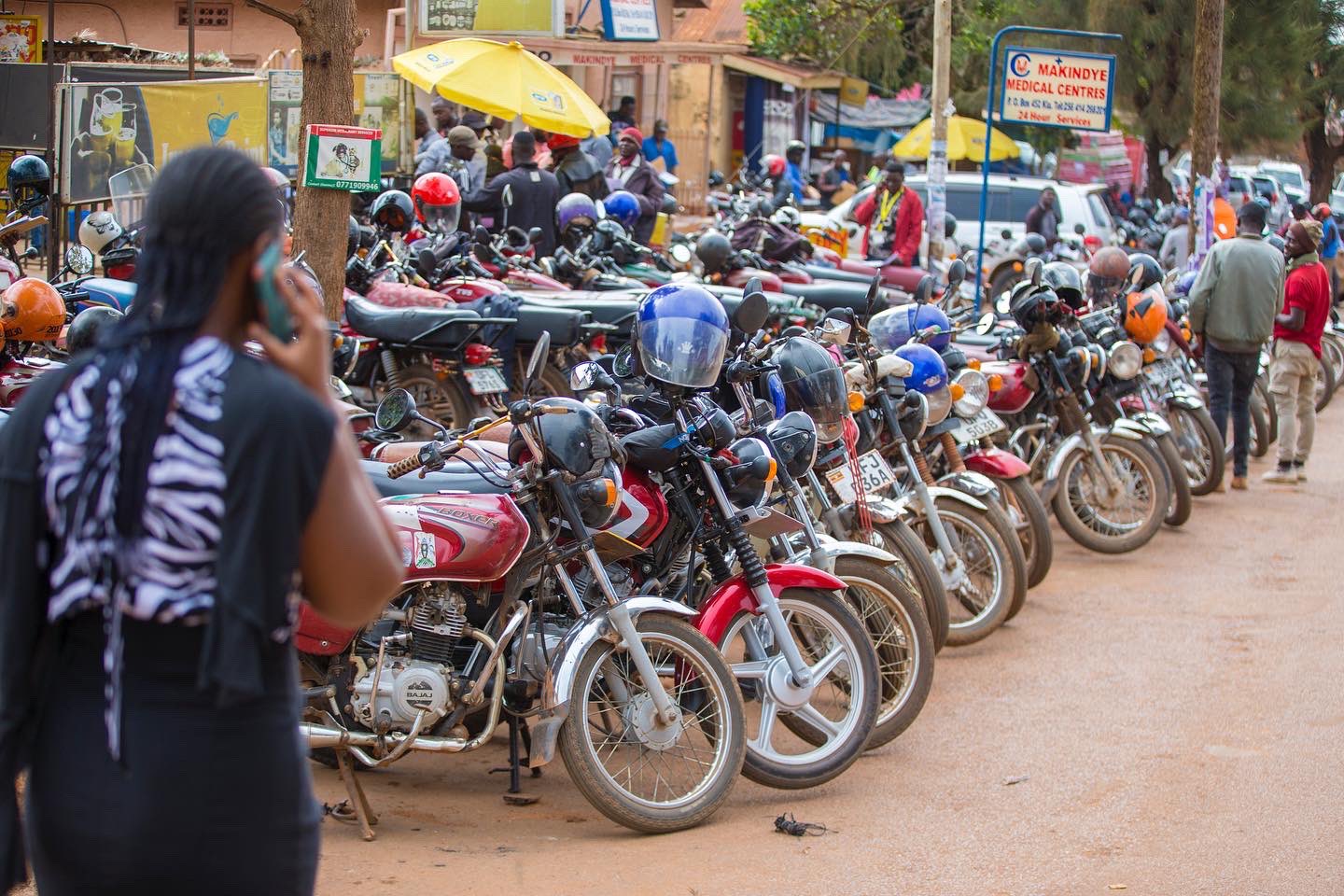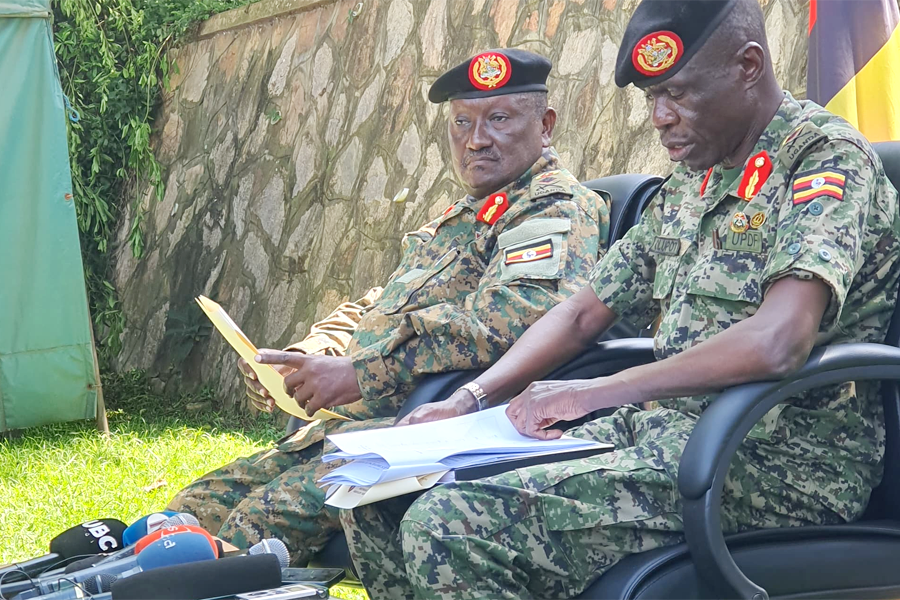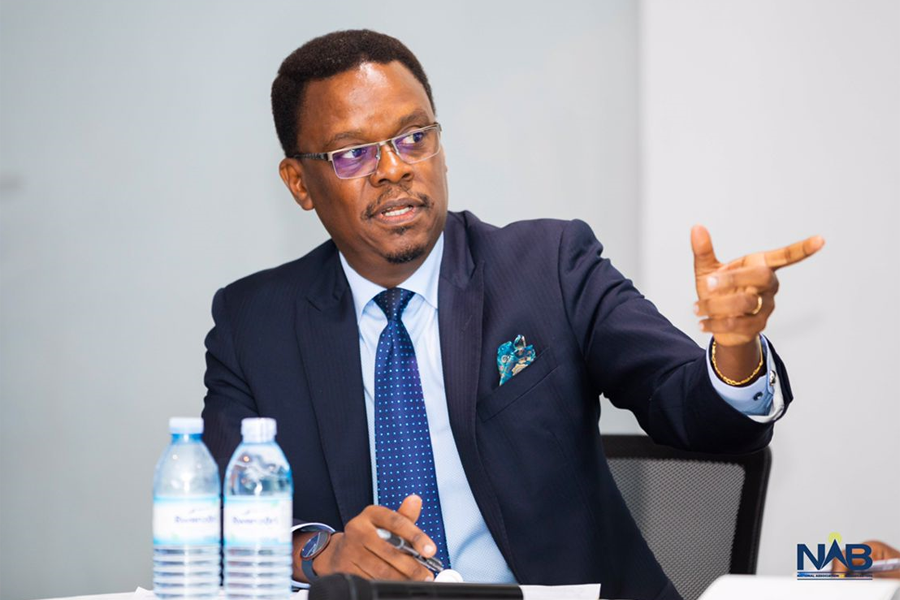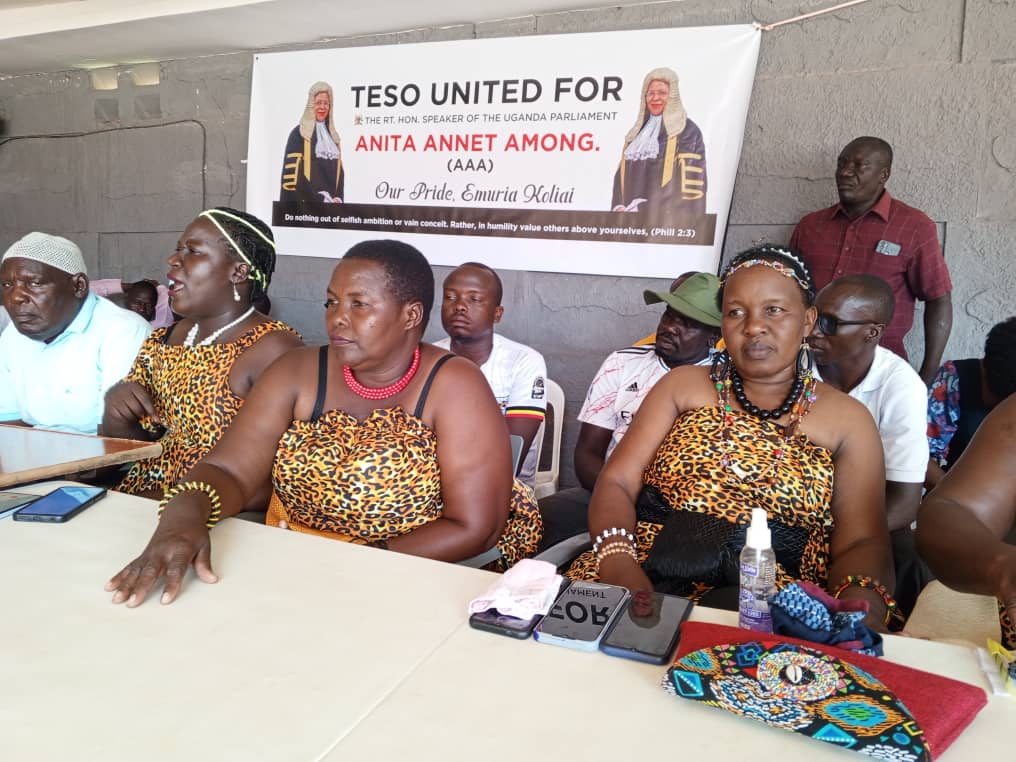Prisoners dupe courts on torture to get lesser punishments
Crime
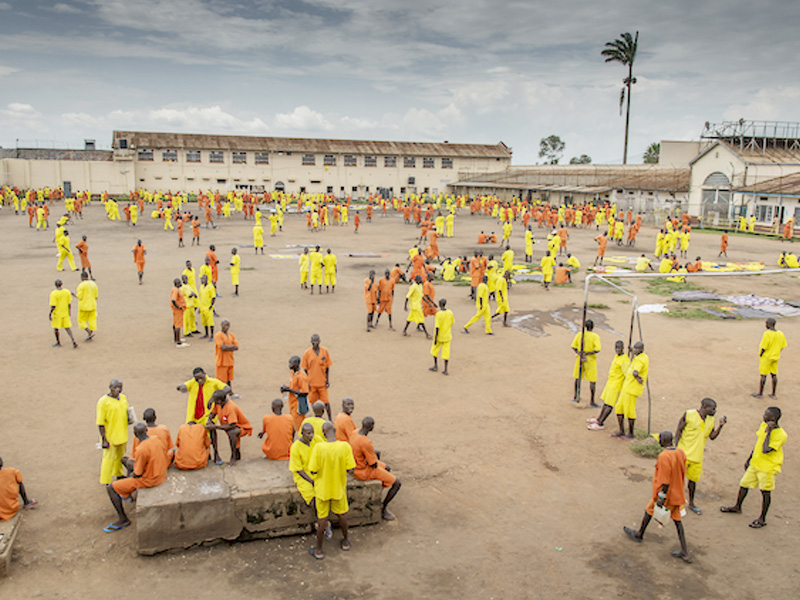
Keep Reading
Prisoners on remand are said to have started a scheme in an effort to extricate capital offenders from likely severe sentences, senior officials at the Uganda Prisons Service have revealed.
It is alleged say that mostly capital offenders on remand use this trick on courts of law that are duped and prompted to order for the release of the purported complainants.
Prison officials say that the erstwhile remorsefulness culture under the plea bargain process has been turned into a manipulated system by capital committals especially those who have over stayed on remand and mastered the skills of surmounting proportionate sentences to their offences.
“This strategy has been adopted by prisoners and unless courts undertake proactive engagement of prisons administrators, prisoners will continue to utilize the principle of non-interference during trial to evade justice,” said a senior officer who declined to be mentioned.
“It is against this background that a special acknowledgement is accorded to your effective chain linked criminal justice culture for having sought for investigations before quickly arriving at a conclusion.”
The revelation follows the release of Martin Nshimiyimaana by the High Court at Mubende basing on complaints of torture which sparked an investigation into the alleged torture claims against prison officials at Kitalya prison.
Nshimiyimaana appeared in the media accusing prison personnel of beating and forcing him into hard labour which he said weakened his body.
However, a February 24, 2024 report indicates that after a comprehensive and thorough investigation, it was established that this prisoner (Nshimiyimana) was never tortured.
“The deduction from the investigation revealed two critical findings; the complainant’s past underlying backache challenges attributed to the accident suffered in 2007, long before admission to prison in 2019 and the Kitalya Farm prison capital offenders’ tested propitious scheme by one Tonny Kiyimba from Masaka High Court are the inspirational factors towards an effort to extricate capital offenders from likely severe sentences,” reads the report.
To the confirmation of Uganda Prisons Service position that the complainant (Kiyimba) had not been tortured, he returned to Masaka Main prison on January 29, 2024 perfectly walking on his two legs and unsupported following his discharge from prison on December 11, 2023 after being sentenced to a caution on an account of having been “tortured”.
In a television interview story, Tonny Kiyimba claimed that he was beaten to the extent of passing out blood from the back side forcing him to use rags to pad himself.
In 2017, Kiyimba was remanded to Masaka Prison on accusations of rape and defilement .
Kiyimba narrated that in addition to being beaten, he was blocked from seeing his relatives and other abuses which amount to torture.
Because of his condition, according to the video, Kiyimba was being assisted by prison personnel to the court leading to his release despite pleading guilty to the offences.
Kiyimba narrated that he was tortured from Masaka Prison before he was transferred to Kitalya prison.
Frank Baine, the Uganda Prison spokesperson said that while social media is awash with several reports accusing them of torture, there are facts to the effect that there is no torture.
He suggested that the Justice law and Order Sector partners should not be hoodwinked by mere claims but instead should contact the stakeholders and also carry out fact finding.
“There are emotional set ups of those presiding over the cases and they make decisions without consulting us,” he adds.
“Those accusations are isolated cases and we have always tried to engage the judicial officers to explain the circumstances but sometimes it is too late to reverse their decisions.”
According to the report, Uganda prisons service remains a fervent promoter of prisoners’ human rights and as a known standard, any errant prison officer of any category who violates prisoners’ rights is personally held liable.
“The Service has established an effective internal human rights promotion and protection mechanisms such as prisoners’ human rights committees in all prisons, staff human rights committees, human rights awareness campaigns, internal inspections and regular external inspections by Uganda Human Rights Commission (UHRC) and a number of Civil Society Organizations (CSO) have continued to receive our support and cooperation,” the report adds.




